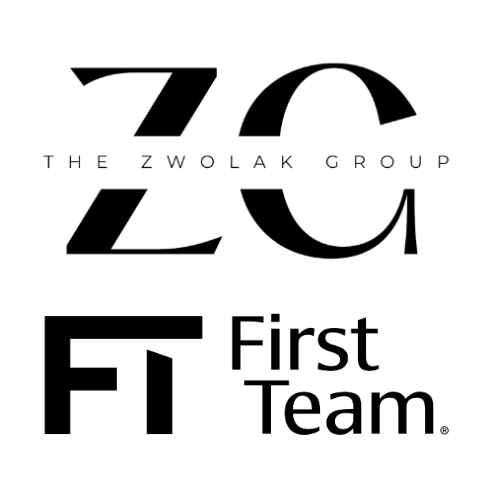Are you itching to make some serious cash with real estate investment? Well, before you can start raking in the dough, you need to figure out how to finance your investment property. But here’s the catch: the financing options differ significantly depending on the size of the property. So, if you’re looking to invest in a 5+ unit property, buckle up, because the financing journey is going to be wilder than a roller coaster ride. In this blog post, we’ll break down the financing options for 1-4 unit properties versus 5+ unit properties and help you navigate the twists and turns of each.
When purchasing a 1-4 unit investment property, you have a few financing options:
1. Conventional Loans: Conventional loans are mortgage loans that are not insured or guaranteed by the government. They typically require a down payment of 20% or more, and borrowers need a good credit score to qualify. These loans are available through banks, credit unions, and mortgage lenders.
2. FHA Loans: FHA loans are government-backed loans that are insured by the Federal Housing Administration. These loans are designed for first-time homebuyers and have more lenient credit score and down payment requirements than conventional loans. However, they come with mortgage insurance premiums that can increase the overall cost of the loan.
3. VA Loans: VA loans are mortgage loans that are guaranteed by the U.S. Department of Veterans Affairs. These loans are available to eligible veterans, active-duty service members, and their spouses. They have no down payment requirement and may have lower interest rates than conventional loans.
4. Portfolio Loans: Portfolio loans are mortgage loans that are held by a lender instead of being sold to investors. These loans are often used for non-conforming properties or borrowers who don’t qualify for traditional loans. They can have higher interest rates and fees than conventional loans.
5+ Unit Investment Property Financing Options
When purchasing a 5+ unit investment property, you have fewer financing options than with a smaller property:
1. Commercial Loans: Commercial loans are mortgage loans that are designed for commercial properties, including apartment buildings, retail spaces, and office buildings. These loans are available through banks, credit unions, and mortgage lenders. They typically require a down payment of 20-30% and have higher interest rates than conventional loans.
2. Hard Money Loans: Hard money loans are short-term loans that are secured by the property. They are often used by real estate investors who need quick financing or who have poor credit. These loans have high interest rates and fees and are typically used as a last resort.
3. Portfolio Loans: Portfolio loans can also be used to finance a 5+ unit investment property. However, these loans can be difficult to obtain and may require significant collateral.
4. Seller Financing: Seller financing is a financing option in which the seller of the property acts as the lender. This option can be beneficial for both the buyer and seller, but it requires a high level of trust between the two parties.
Investing in real estate can be a thrilling ride, but securing financing can be a daunting task. Whether you’re planning to invest in a 1-4 unit property or a 5+ unit property, knowing your financing options is key to success. With a little research and expert guidance, you can find the right financing option that works for you and take the first step towards building your real estate empire.
The information contained, and the opinions expressed, in this article are not intended to be construed as investment advice. First Team Real Estate and The Zwolak Group does not guarantee or warrant the accuracy or completeness of the information or opinions contained herein. Nothing herein should be construed as investment advice. You should always conduct your own research and due diligence and obtain professional advice before making any investment decision. First Team Real Estate, or The Zwolak Group will not be liable for any loss or damage caused by your reliance on the information or opinions contained herein.





